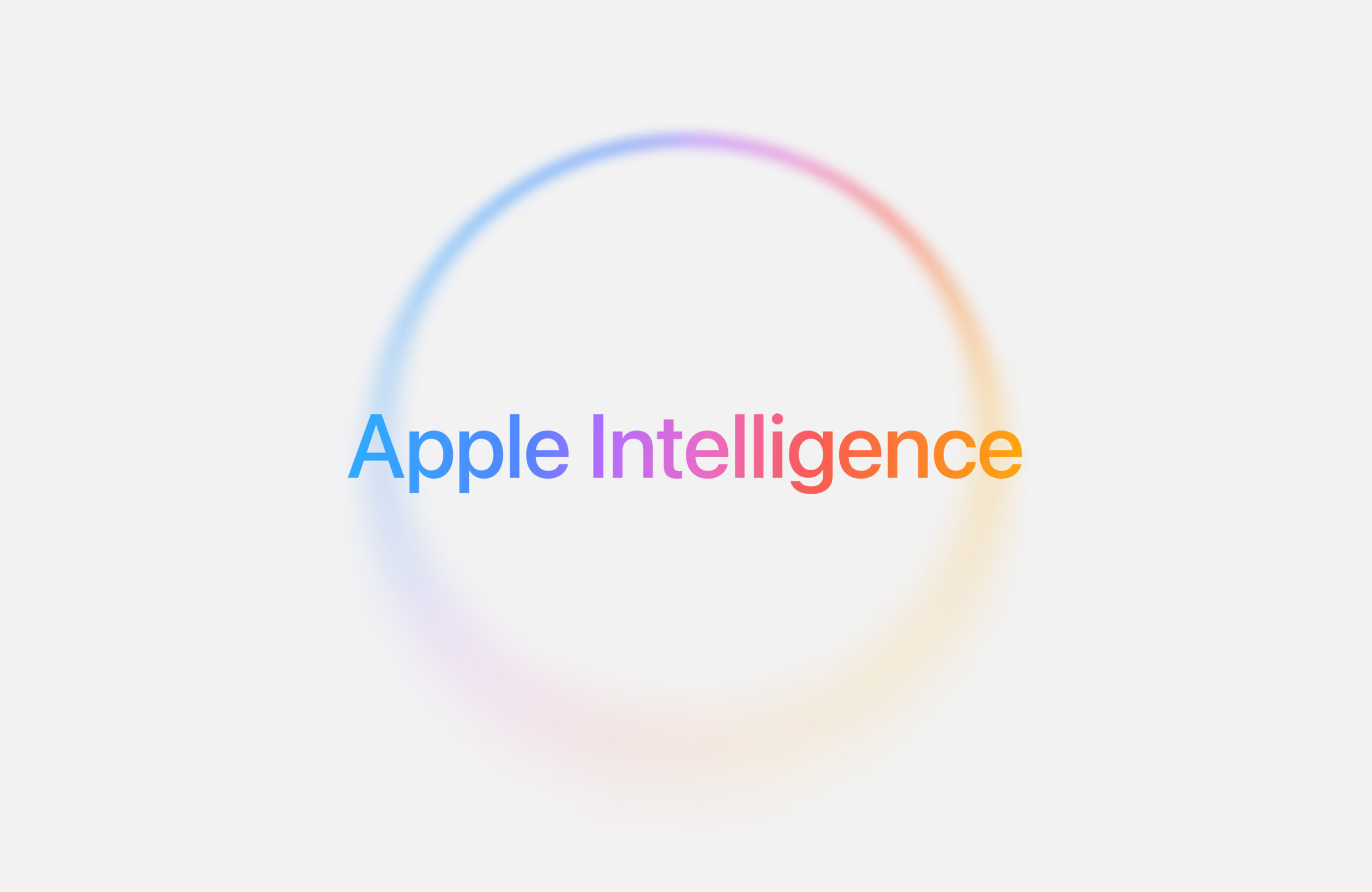Apple is working hard to improve its AI, called Apple Intelligence, without putting your personal information at risk. The company uses a clever method called differential privacy to make features like email summaries, photo tools, and custom emojis better, all while keeping your data secure.
Instead of looking at your actual emails or photos, Apple creates fake data that acts like real user information. For example, it might make up sample emails about common topics, like planning a dinner. Then, it checks these samples against how people use their devices, but it does so in a way that doesn’t tie anything back to you. This happens right on your phone or computer, so your private stuff stays there.
By studying these patterns, Apple learns what’s popular, like how people write emails or what kinds of emojis they love—without ever seeing your details. This helps the company train its AI to give better suggestions and create more accurate tools, like summarizing long emails or designing fun images.
Apple plans to use this approach even more in upcoming updates for iPhones, iPads, and Macs, starting with iOS 18.5 and macOS Sequoia 15.5. The goal is to make your device smarter and more helpful, while still protecting what matters most—your privacy.
